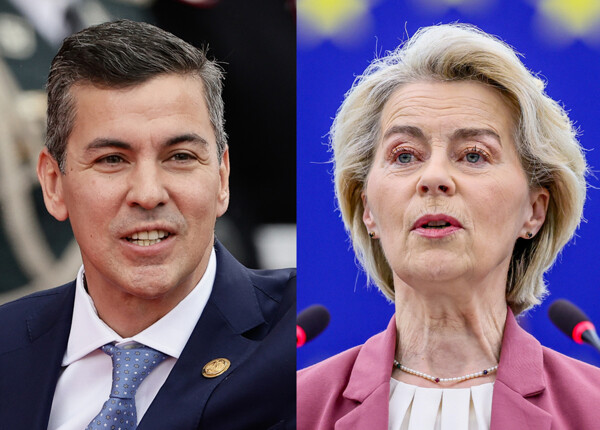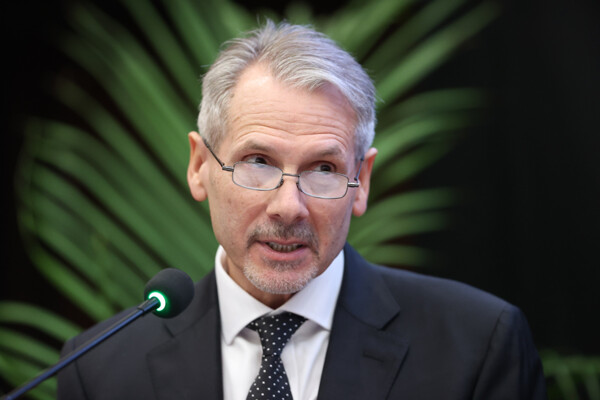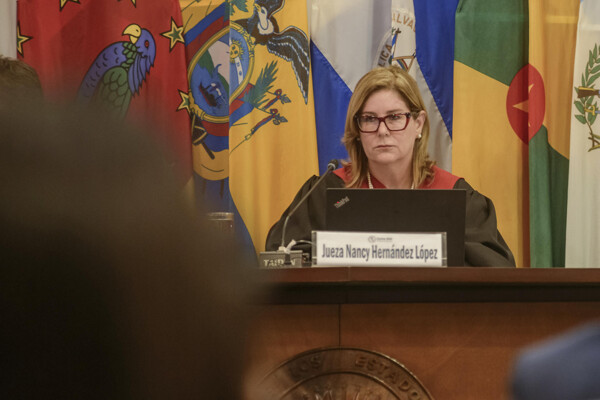
A new case of alleged influence peddling and ostentation has emerged in the Paraguayan political sphere, involving Deputy Orlando Arévalo and his wife, Lambaré councilor Carolina González. They face serious accusations from the construction company Rehobot related to the construction of their lavish residence and the alleged misuse of the tax apparatus to evade financial obligations.
The TNA analysis reveals a pattern of lavish demands by the couple of public officials, documented through verified conversations. Councilor González expressed her dissatisfaction with the design of the entryway on various occasions and referred to the property as "majestic," demanding specific modifications that the construction company was obliged to meet.
The residence underwent remodeling in two stages with a total investment of G. 2.3 billion, including basic structural modifications and luxury items such as a smart toilet valued at G. 13 million, personally selected by the councilor. However, financial and legal irregularities have emerged, including cash transactions, instructions not to issue invoices, and an outstanding debt of G. 400 million that the couple refuses to settle.
The complaint details an alleged influence peddling, mentioning the manipulation of the judicial process, intervention by prosecutor Sandra Ledesma, and pressure mechanisms that include threats and demands for compensation. This case is framed within a broader political context, with prior connections and backgrounds related to other scandals, generating significant public interest.
The lawyer for the construction company has formally filed the complaint, alleging manipulation of the Public Ministry and presenting supporting documentation of communications and financial transactions. Meanwhile, the residence in question continues to be subject to public scrutiny amid ongoing investigations into corruption in the Paraguayan judicial system.














